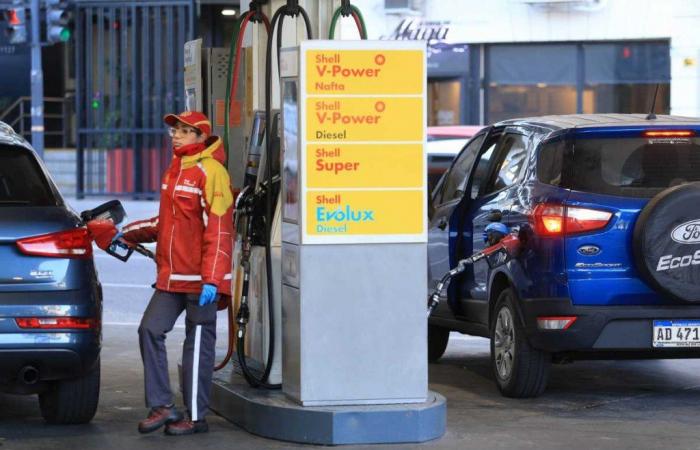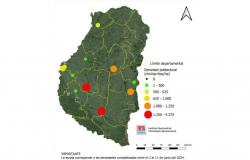They will carry out joint work towards the 2050 energy transition, to accompany the transformation and adaptation of Argentine micro, small and medium-sized companies.
The Confederation of Hydrocarbon and Related Entities of the Argentine Republic (CECHA) and the Argentine Confederation of Medium Enterprises (CAME) signed today a cooperation agreement with the objective of promote the commercial development of service stations throughout the country.
The agreement was signed by Isabelino Rodriguez, president of CECHA, and Alfredo Gonzalez and Ricardo Diab, president and secretary of CAME.
This initiative is part of the actions promoted by both confederations to promote the growth of service stations within the SME sector.
The purpose of the agreement is to provide service stations with technical and operational tools necessary to achieve a greater efficiency and competitiveness. “We seek to promote the commercial and social development of SMEs, and in particular of all service stations in the country,” stated the signatories, underlining the importance of technical and professional cooperation in the current context.
In addition, the agreement contemplates the possibility of both parties assuming institutional representation before various authorities and organizations, when required. This includes national, provincial and municipal entities, as well as banking, financial entities and tax agencies, and producers, distributors and wholesalers.
This cooperation agreement between CECHA and CAME represents a significant step towards strengthening the service station sector in Argentina, promoting sustainable and competitive development that will benefit both SMEs and the economy in general.
#Argentina






